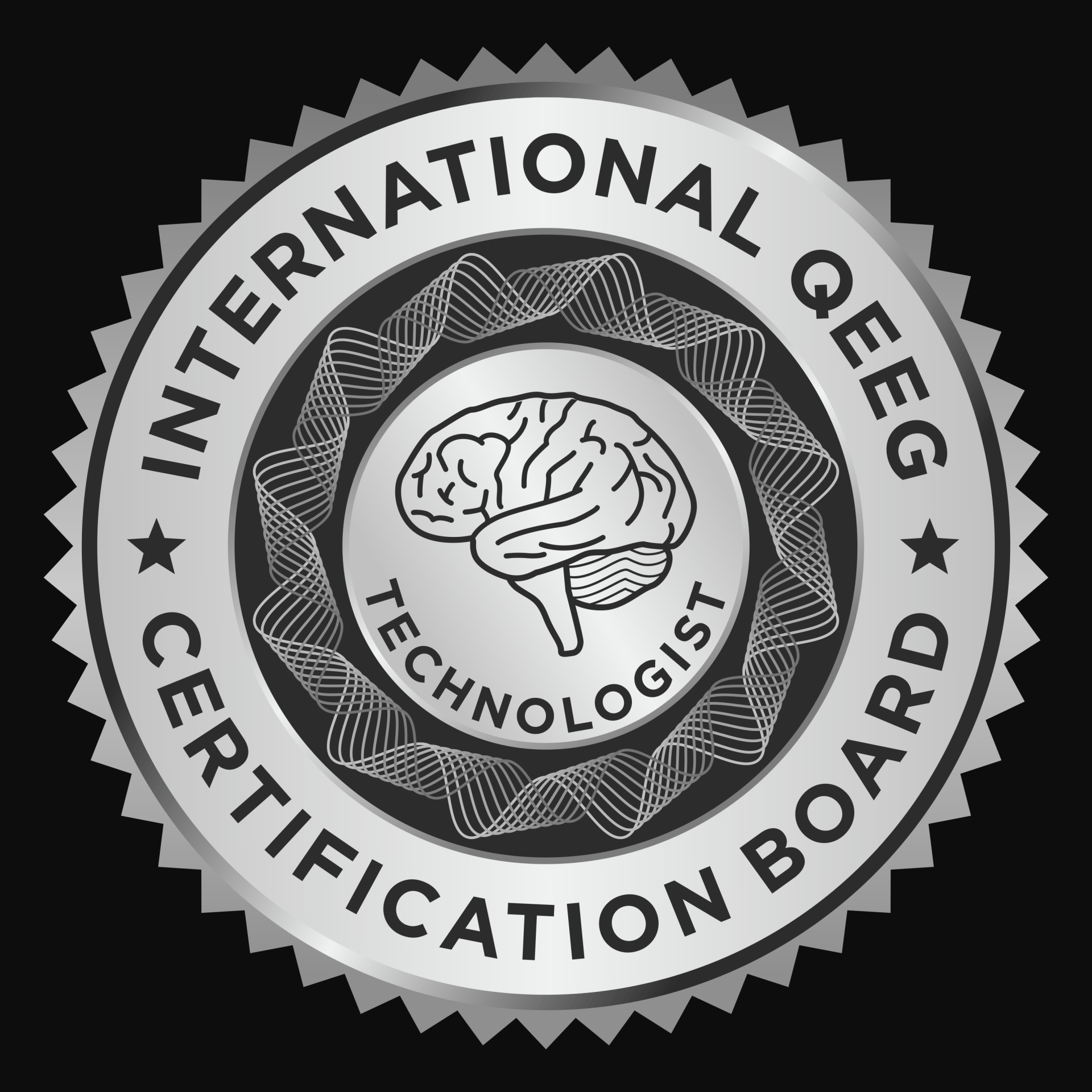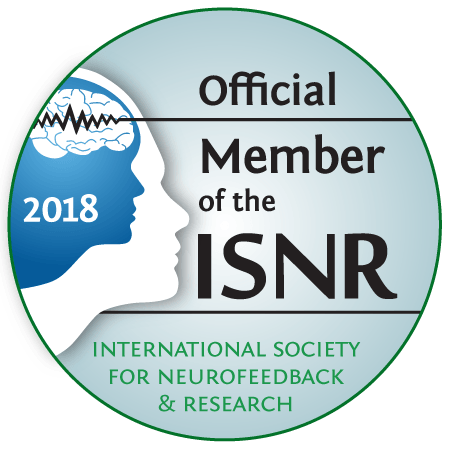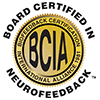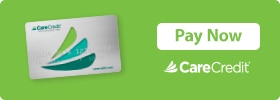Testimonials
Patient Testimonials
“I cannot share this enough. Kayla [my daughter] has been working with Dr. Rich McAlister for almost two months now for concussion therapy, and the progress was noticeable almost immediately. After suffering two serious concussions, and realizing the side effects were becoming more prolific, Dr. McAlister’s neurofeedback therapy has helped Kayla move forward, and diminished those effects. If you, or someone you know or love, has suffered the effects of a concussion, I urge you to speak with Dr. Rich for a consult. If you, or someone you know is a coach, I would urge you to contact Dr. McAlister to come and speak with your team’s parents to educate them on what to look for if they think their child has suffered from a concussion, and what their options are…from a mother who watched her daughter suffer unnecessarily, and thought we had done all we could, I can tell you Dr. McAlister has given us the best option with the very best results.”
Maureen S.
“After trying traditional (ADD/ADHD) medication with little success and many undesirable side effects, I decided to try neurofeedback therapy. With Dr. McAlister’s help I have seen a tremendous improvement in my attentiveness and mood. I now find it much easier to deal with and work through my problems than I ever thought was possible. The sessions were easy and Dr. McAlister was very accommodating to my needs. I would recommend this to anyone who does not want to deal with the side effects of medication.”
Jesse I.
“This has been huge for me! For at least the past 5 years I had to take prescription sleep medication because of severe insomnia. Although I couldn’t sleep without it I would always wake up feeling groggy like a hangover. I didn’t want to keep taking Lunesta anymore because of the problems it can cause. It wasn’t more than a week or so after starting treatment with you that I was able to sleep without Lunesta for the first time in years! I now get a good night’s sleep and get up in the morning without that awful groggy feeling. This has been great, thank you so much.”
Jill A.
“For as long as I can remember I was angry and depressed. After treating with Dr. McAlister I can now honestly say I am going great! Life’s little ups and downs no longer upset my whole world. I can handle whatever life throws at me now without going off the deep end. The funny thing is I used to have many verbal outbursts and lots of anger but now I am the one who is able to handle stresses at work and home.” “People have said to me that I seem different (in a good way). I am now much more relaxed and not constantly uptight. My mind is clearer, I’m better able to concentrate, and my memory has also improved. This is one of the best things I ever did for myself. Thank you so much Dr. M!”
Sue K.
“Wow, I can’t believe that in 2 short months what an improvement I have seen in my son! His confidence level is definitely higher and his motor skills have improved. He is actually running and taking full strides. Homework is less stressful and he is able to turn a bad mood around without it taking over the entire day. My husband is amazed at the changes he’s seen too. He noticed how our son doesn’t have those “melt downs” like he used to when things don’t go as planned. We can’t thank you enough!”
Ellen P.
Expert Endorsements
What Experts Have To Say About Neurofeedback and Biofeedback
Joel F. Lubar Ph.D., BCN
Professor Emeritus
University of Tennessee
Director Southeastern Biofeedback Institute
Director Brainfeedback Training Institute
BCIA Senior Fellow-EEG
QEEG Diplomate
“Neurofeedback treatment for many disorders such as ADHD, depression, anxiety, seizures, and others has been shown to be highly effective with long term lasting results. There are hundreds of published studies and several books demonstrating this.”
Kirtley Thornton, Ph.D., BCN
Director of the Center for Health Psychology
QEEG Diplomate
“Overall, the field of EEG biofeedback offers a neuroscience-based intervention program which research has supported for a host of problems in human behavior and cognition. In my practice, the use of EEG biofeedback has become the primary initial intervention model for any problems in cognition, such as learning disability, attention deficit disorder, and traumatic brain injury. The approach offers the only effective intervention model for these problems.”
Stephen Sideroff, Ph.D.
Clinical Psychologist
Assistant Professor
Department of Psychiatry & Biobehavioral Sciences UCLA
“Biofeedback and neurofeedback offer a wide range of approaches to help the client suffering from any one of a number of consequences of stress and autonomic and physiological dysregulation.”
Kirtley Thornton, Ph.D., BCN
Director of the Center for Health Psychology
QEEG Diplomate
“Traditional EEG biofeedback treatment approaches have produced significant gains in functioning in such cognitive skills as IQ scores (15 points) and attention abilities. The research has also shown significant research improvements with negative behavior, such as oppositional behavior, conduct disorder, and the Autism Spectrum Disorder with more advanced EEG biofeedback protocols.”
Eugenia Bodenhamer-Davis, Ph.D., Licensed Psychologist, BCN
Associate Professor, University of North Texas
Department of Rehabilitation, Social Work and Addictions
Director, University of North Texas Neurotherapy Lab
“For the past 18 years, I have been director of a university-based clinic specializing in the application of biofeedback, primarily EEG biofeedback, to the treatment of a variety of neurological, physical, emotional, and addictive disorders. This clinic also serves as an interdisciplinary training site for graduate students and licensed professionals in behavioral and health care fields who want to gain competency in this emerging treatment modality. After years of clinical experience with persons with disabilities and chronic illness, I can unequivocally support the growing body of well-designed research on biofeedback that demonstrates the improved patient outcomes that accrue when an appropriate form of self-regulation training is added to a treatment regimen.”
Eugenia Bodenhamer-Davis, Ph.D., Licensed Psychologist, BCIA-EEG
Associate Professor, University of North Texas
Department of Rehabilitation, Social Work and Addictions
Director, University of North Texas Neurotherapy Lab
“The primary presenting conditions treated successfully with biofeedback by our clinic over the years include the following research-validated applications: attention disorders, substance abuse, post traumatic stress disorder, depression, anxiety, migraine headache. As a research facility, we have also contributed to the growing number of clinical trials demonstrating the benefits of EEG and other biofeedback modalities for treating insomnia and for reducing symptoms of Autism Spectrum Disorders, childhood conduct and learning disorders, Reactive Attachment Disorder, head injury, stroke, Crohn’s Disease, diabetes, tinnitus, and Bipolar Disorder.”
Jonathan E. Walker, M.D., BCN
Board-Certified Neurologist
Neurotherapy Center of Dallas, Inc.
“I have found that neurofeedback has been very effective in my practice in treating ADHD, learning disabilities, dyslexia and closed head injury… There is solid scientific support for neurofeedback treatment of these disorders.”
Stuart Donaldson Ph.D., ACFE (Dip), ABPS (Dip), ABDA, BCB
Psychologist and Clinic Director, Myosymmetries Calgary, Canada
“It is with pleasure that I must recommend EEG neurotherapy and SEMG neuromuscular retraining as biofeedback assessment and treatment procedures. We utilize these techniques in the treatment of a number of chronic conditions or dysfunctions including Attention Deficit Disorder, chronic pain (particularly fibromyalgia), myofascial pain syndromes, and closed head injury.”
“People seek our services when they don’t want to be taking medications or exposing their offspring to any unknown risks or side effects from same. The clinic is extremely busy, because we are successful in reducing the symptoms… without creating unwanted side effects.”
Joel F. Lubar Ph.D., BCN
Professor Emeritus
University of Tennessee
Director Southeastern Biofeedback Institute
Director Brainfeedback Training Institute
BCIA Senior Fellow-EEG
QEEG Diplomate
“The use of neurofeedback must be performed by highly qualified health care professionals. BCIA certification is an essential credential needed to promote for the public confidence that their providers have the necessary background and training to employ these services.”
Eugenia Bodenhamer-Davis, Ph.D., Licensed Psychologist, BCN
Associate Professor, University of North Texas
Department of Rehabilitation, Social Work and Addictions
Director, University of North Texas Neurotherapy Lab
“Patients seek treatment at our clinic because other treatments have been ineffective for them, to reduce their medication or avoid risks associated with it, or they are referred by their physicians because they cannot tolerate or wish to avoid taking medication. Because biofeedback requires cross-disciplinary academic training and specialized clinical supervision, extensive professional training is required. Preparation should be at the Master’s level or above and should be validated by requirements for completion of a national certification examination, continuing education, and adherence to ethical standards of practice as administered by the Biofeedback Certification Institute of America.”
Jonathan E. Walker, M.D., BCN
Board Certified Neurologist
Neurotherapy Center of Dallas, Inc.
“I recommend that neurofeedback treatments be performed by a qualified professional who is board-certified by the Biofeedback Certification Institute of America.”
Stephen Sideroff, Ph.D.
Clinical Psychologist
Assistant Professor
Department of Psychiatry & Biobehavioral Sciences UCLA
“I have found biofeedback and neurofeedback to be instrumental in helping clients gain autonomic self-regulation and neuromuscular balance – leading to reductions in physical and emotional symptoms. I have found it to be especially helpful in addressing anxiety and post-traumatic stress disorder.”
Kirtley Thornton, Ph.D., BCN
Director of the Center for Health Psychology
QEEG Diplomate
“I have been practicing in the EEG biofeedback field for the past 19 years. For the memory impaired learning disabled/attention deficit disorder child, we have been able to obtain 300% or 3 standard deviation improvement in auditory memory abilities, which exceeds by far all previously published research in this area.”
“I have been practicing in the EEG biofeedback field for the past 19 years. In the area of traumatic brain injury, the approach has resulted in a 2.62 standard deviation improvement in auditory memory, (which is) significantly above other published research results.”
John G. Arena, Ph.D.
Licensed Psychologist
Lead Psychologist at Augusta, Georgia Department of Veterans Affairs Medical Center
Professor in the Department of Psychiatry and Health Behavior at the Medical College of Georgia.
“(In our recent review of) evidenced-based, non-pharmacological interventions for chronic pain disorders… using well-established criteria, we concluded that there is overwhelming empirical evidence as to the efficacy of biofeedback for the following pain disorders: Lower Back Pain, Migraine Headache, Myofascial Pain Dysfunction Syndrome (formerly known as Temporomandibular Joint Dysfunction Syndrome), and Tension Headache.”
Stephen Sideroff, Ph.D.
Clinical Psychologist
Assistant Professor
Department of Psychiatry & Biobehavioral Sciences UCLA
“I use biofeedback and neurofeedback as important components of my treatment of chronic pain patients. With this population as well as others who have experienced little success in treatment, biofeedback, with its ability to adjust reinforcement thresholds and measurement sensitivity, can make success possible. The ability to demonstrate to the client their success, by showing them the data, facilitates the psychological owning of their results. This success can initiate a growing sense of self efficacy within patients, so important in the treatment process.”
Richard A. Sherman, Ph.D., BCB, BCB-PMD
Lieutenant Colonel, Medical Service, US Army Retired
Director, Behavioral Medicine R&T Foundation
Dean, College of Psychophysiology, University of Natural Medicine
“Showing clients the physiological patterns underlying their pain is difficult or impossible to do without biofeedback. How else can clients see the patterns change as they happen? This makes biofeedback a superb teaching and learning tool.”
“Numerous studies have shown that most people with chronic musculoskeletal pain cannot tell how tense the muscles in the painful area are as accurately as people who do not have pain in that area of the body… When muscles are kept too tense for too long, they hurt. Biofeedback of muscle tension levels is used to teach people to “calibrate” actual tension levels to perceived levels of tension in painful muscles….. How could this learning task be accomplished without biofeedback?”
PLEASE NOTE: Our office and Dr. McAlister do not participate in any insurance panels or plans.
Patients pay all fees at the time of service and are responsible for submitting any claims directly to their insurance carrier.
We encourage all of our clients to inquire with their FSA and HSA account for coverage and we accept all Major Credit Cards and Care Credit.
BUSINESS INFORMATION
PHONE: (732) 307-7229
ADDRESS: 51 Brunswick Woods Drive, East Brunswick, NJ 08816
HOUR OF OPERATIONS:
- Mon - Fri
- -
- Saturday
- -
- Sunday
- Closed





Content, including images, displayed on this website is protected by copyright laws. Downloading, republication, retransmission or reproduction of content on this website is strictly prohibited. Terms of Use
| Privacy Policy

